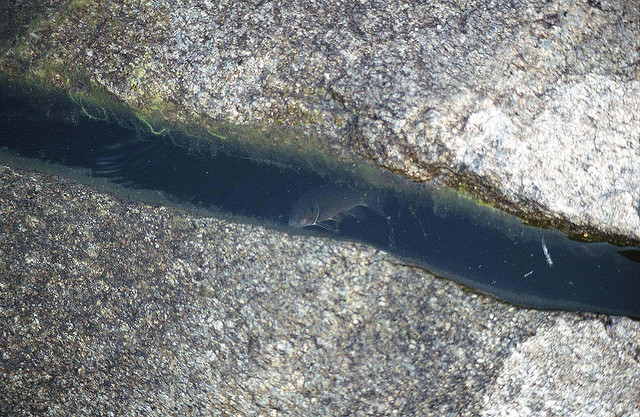
Wilfrid Laurier University’s Changing Arctic Network (CANet) research team was awarded $3.2 million in funding from the Canadian Foundation for Innovation (CFI) to continue to build Laurier’s global leadership in cold regions environmental research.
The funding will provide the Government of the Northwest Territories and the Government of Canada with improved knowledge about fragile northern environments, including learning how to properly manage the forests, waters, and fish of these regions and ensuring northern resources are developed in a sustainable manner.
“This CFI funding will support our transformative research infrastructure that enables the discoveries about the North that will improve the lives of Canadians,” said Deborah MacLatchy, Laurier’s vice-president of academic and provost, and acting vice-president of research.
Climate warming is resulting in dramatic changes to ecosystems across the Canadian North, including conversion of forests to wetlands and tundra to shrub landscapes. It is also changing the quantity and quality of water in streams, rivers, and lakes, and thawing permafrost at unprecedented rates.
“Northern Canada is one of the most rapidly warming regions on Earth,” said Jennifer Baltzer, associate professor of biology and Canada Research Chair in forest and global change.
In addition to research stations, the infrastructure funding will support 20 “living laboratories,” each representing a widely occurring bio-physical environment. There will also be updates to three environment and natural resources laboratories in the Northwest Territories.
Partners on the project include the Government of the Northwest Territories, Université de Montréal, the University of Guelph, the Laurier Institute of Water Science, and the Cold Regions Research Centre.













